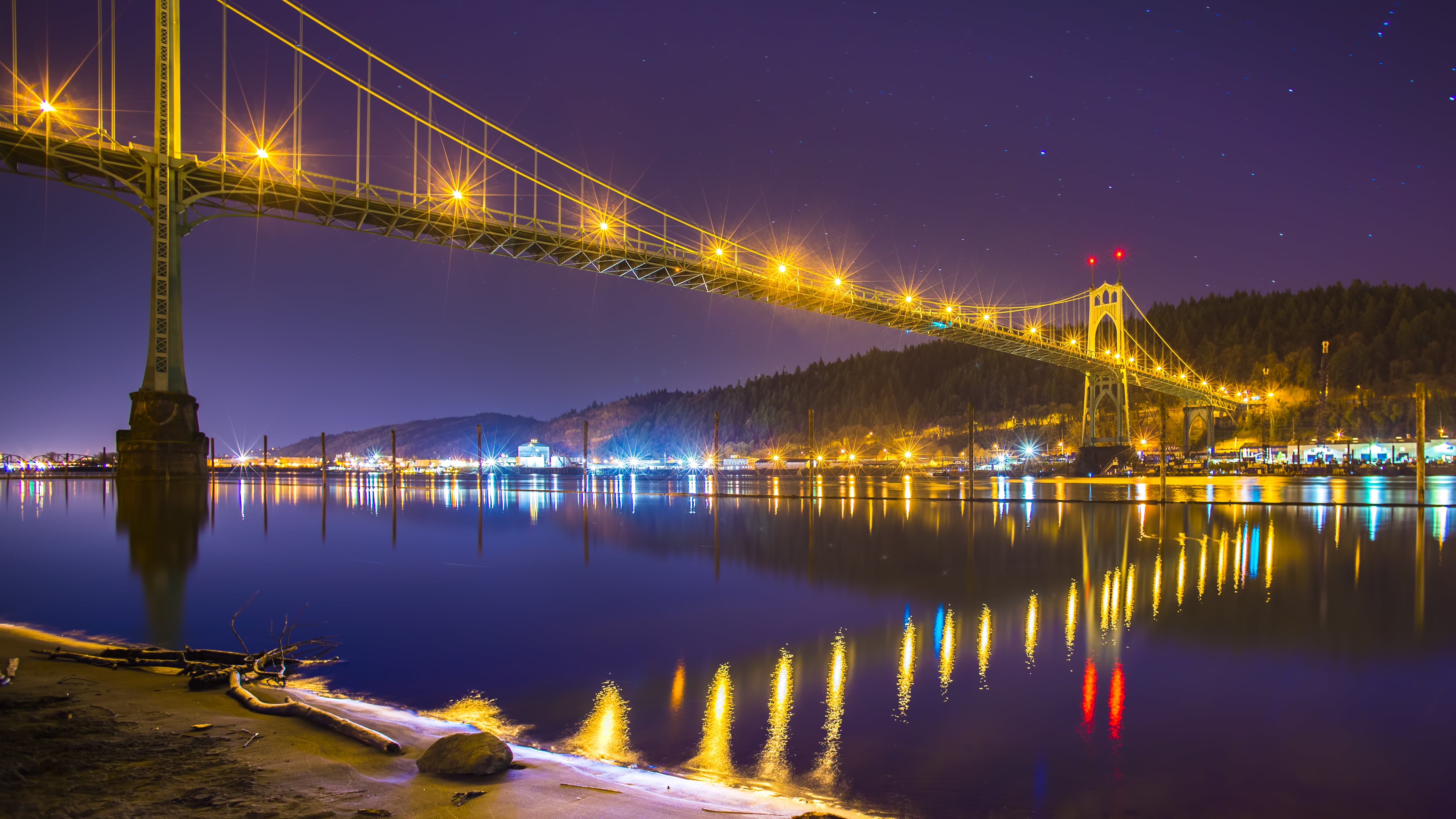Nearly two dozen organizations, including Schnitzer Steel, the city of Portland and BNSF Railway, have agreed to pay $33.2 million to settle federal litigation alleging that they polluted the Willamette River. The money will fund habitat restoration projects.
More than 45 hazardous substances have been found in the sediment at the bottom of the Willamette River, according to a legal complaint filed yesterday alleging violations of state and federal environmental laws by the 23 companies, which now agree to pay damages through a pair of consent decrees with federal, state and tribal governments. The decrees must still be approved by a federal judge.
“I think it’s a solid deal,” says Travis Williams, head of Willamette Riverkeeper. “We’re on the cusp of a lot of good stuff happening.”
It’s the latest development in a two-decade effort to hold polluters accountable for damage to the Willamette River. A 10-mile section north of the Broadway Bridge was designated a federal Superfund site by the Environmental Protection Agency in 2000.
The money will fund four projects to restore “habitat for juvenile Chinook salmon listed under the Endangered Species Act and of tremendous cultural significance to the Five Tribes,” according to a U.S. Department of Justice press release. The projects cover a total of more than 160 acres of new habitat for salmon, eagles and other threatened species—“resting and rearing areas” along the river, Williams explains.
This is just the beginning of efforts by government attorneys to extract cash from Willamette River polluters. The payout, a combination of cash and “restoration credits” to private developers, amounts to just 11% of the “natural resource damages liability” identified by researchers so far.
“We will continue our settlement discussions with the remaining responsible parties,” director Curt Melcher of the Oregon Department of Fish and Wildlife said in a statement.
This litigation is happening in parallel with efforts by the EPA to decontaminate the bottom of the river, which are gearing up to start next summer, Williams says.
